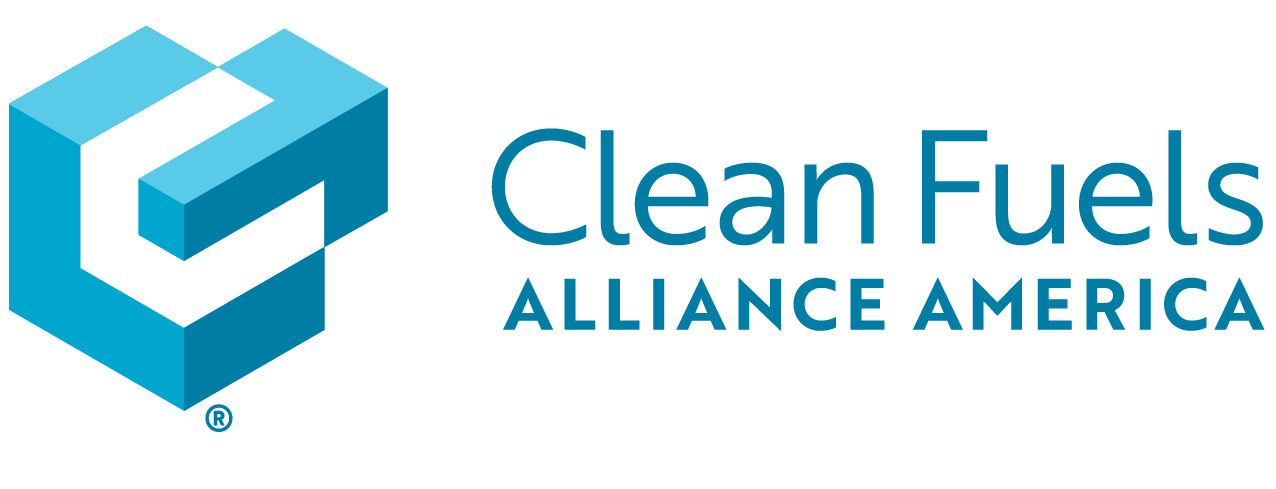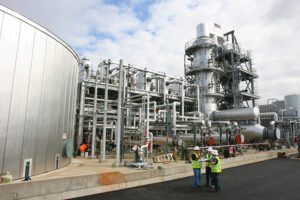JEFFERSON CITY, MO – The International Standards Organization (ISO) recently announced the publication of ISO 8217:2024, an updated version of the specification for fuel use in marine applications. The new spec sets forth detailed requirements for marine fuels, including biodiesel blends up to B100, ensuring their suitability and safety for use in nearly every distillate and residual fuel grade. This marks a significant step forward in promoting sustainable fuel options within the maritime industry.
By adopting the updated spec, ISO aims to facilitate the integration of low-carbon liquid fuels including biodiesel into the marine fuel supply chain, contributing to greater greenhouse gas emissions reductions and supporting efforts to combat climate change.
ISO 8217:2024 ensures that biodiesel blends up to 100% meet rigorous performance standards, maintaining engine efficiency and reliability. The specification addresses critical parameters such as viscosity, flash point, and sulfur content, guaranteeing that biodiesel blends perform on par with conventional marine fuels.
“With the adoption of this updated specification, we are paving the way for higher blends of biodiesel use in marine transportation,” said Scott Fenwick, Technical Director at Clean Fuels Alliance America. “Biodiesel offers a viable solution for reducing emissions now while promoting sustainability on a global scale.”
The approval of ISO 8217:2024 is the result of extensive collaboration between industry stakeholders and technical experts to ensure that the spec meets the practical needs of the maritime sector while supporting a changing regulatory environment.
Contact: Heather Buechter, 479-651-7301, hbuechter@cleanfuels.org
ABOUT CLEAN FUELS ALLIANCE AMERICA
Made from an increasingly diverse mix of resources such as recycled cooking oil, soybean oil, and animal fats, the clean fuels industry is a proven, integral part of America’s clean energy future. Clean Fuels Alliance America is the U.S. trade association representing the entire biodiesel, renewable diesel and sustainable aviation fuel supply chain, including producers, feedstock suppliers and fuel distributors. Clean Fuels receives funding from a broad mix of private companies and associations, including the United Soybean Board and state checkoff organizations.





